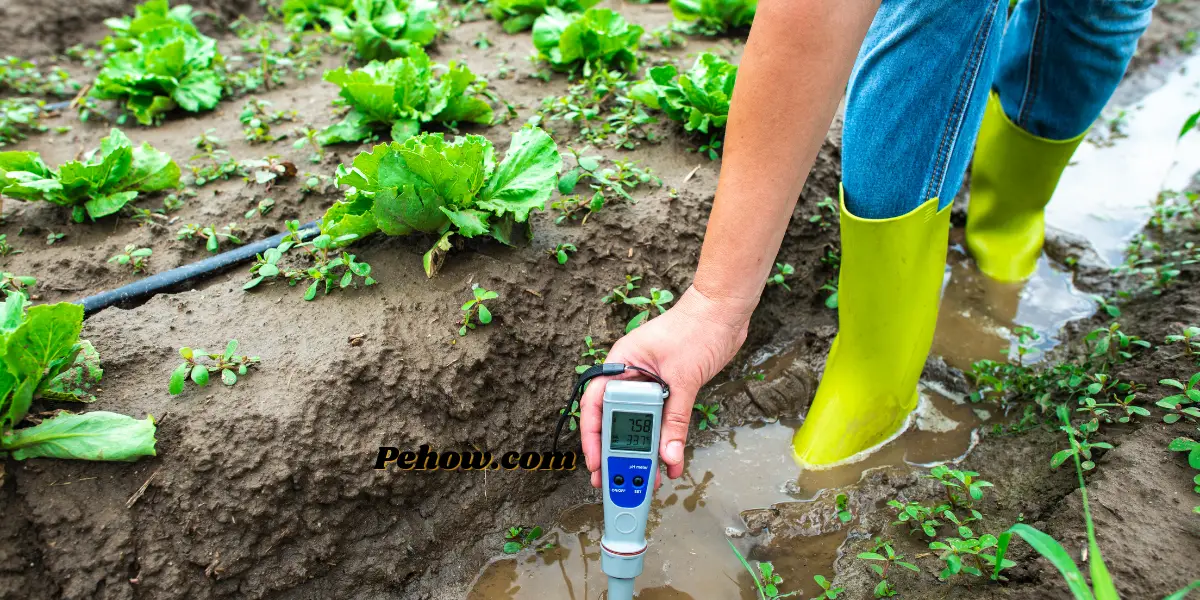Over irrigation is a common problem across the globe. It happens when people use more water than necessary to irrigate their gardens, crops, or lawns.
This can be damaging to the soil, as it can lead to erosion, and make the land less fertile over time.
The effects of over irrigation on soil are numerous and varied. Too much water can lead to soil compaction, which makes it difficult for roots to penetrate the ground and access vital nutrients.
Over irrigation can also cause nutrient runoff, leaching valuable minerals from the soil and making it less fertile. In extreme cases, too much water can even kill plants by drowning them.
What is over-irrigation
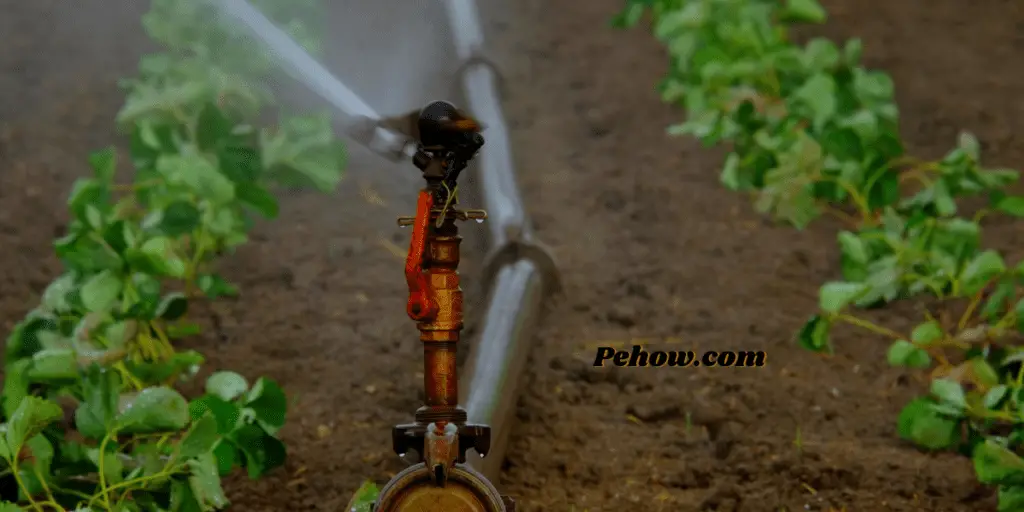
Over irrigation is the excessive use of water when irrigating. It can be damaging to the soil as it can lead to erosion and make the land less fertile over time.
How is over-irrigation damaging to soil?
Over irrigation can damage the soil in several ways. Firstly, it can lead to erosion as water washes away the topsoil. This topsoil is essential for plant growth, and so without it, the land will become less fertile.
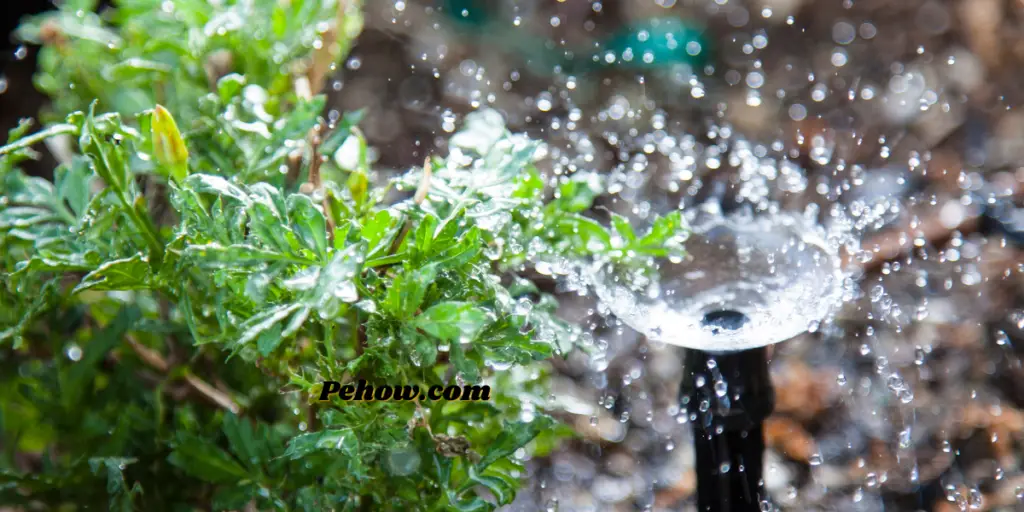
Additionally, over irrigation can also lead to the leaching of nutrients from the soil, as water seeps down and carries these nutrients with it. This can make the soil less able to support plant growth, as the plants will not have access to the nutrients they need.
Finally, over irrigation can also encourage the growth of weeds, as wet conditions are ideal for their growth. Weeds can compete with crops for water and nutrients, leading to a decrease in crop yields.
The effects of over-irrigation on soil
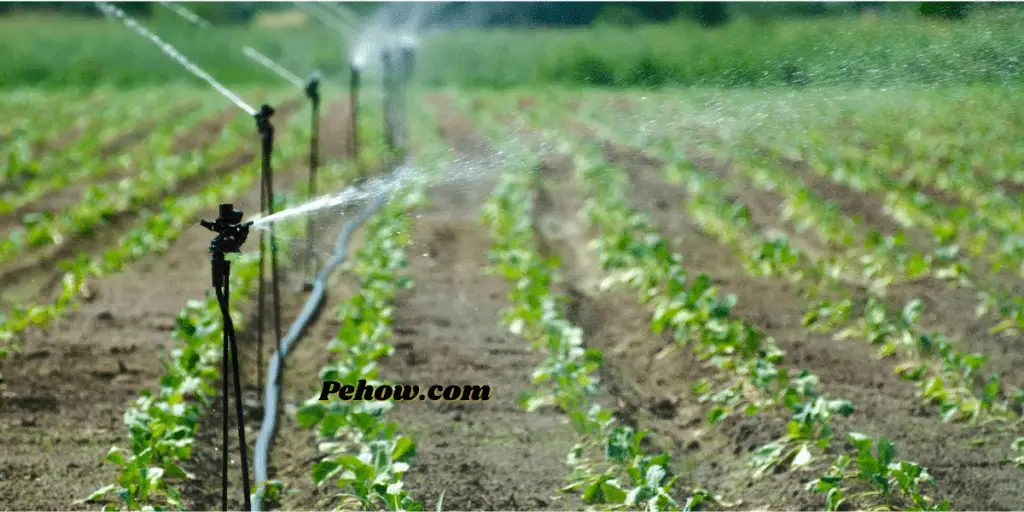
Over irrigation is a common problem across the globe. It happens when people use more water than necessary to irrigate their gardens, crops, or lawns. This can be damaging to the soil, as it can lead to erosion, and make the land less fertile over time.
One of the main ways that over irrigation can damage soil is by causing erosion. When water flows over the surface of the soil, it can take small particles of dirt and sand with it. This can eventually lead to bare patches in your lawn, or make it difficult for plants to grow.
In addition to causing erosion, over-irrigation can also make the land less fertile. This is because when waterlogged soil dries out, it can form a hard crust on the surface. This crust can prevent air and water from getting to the roots of plants, making it difficult for them to grow.
If you’re concerned about the effects of over irrigation on your soil, there are a few things you can do to help. One is to make sure that you’re watering your plants deeply, but not too often. This will help to encourage deep root growth, which can help to prevent erosion.
Another thing you can do is add organic matter to your soil. This will help to improve its structure and make it more resistant to erosion. You can also try using mulch to help protect your soil from the effects of over-irrigation.
How to prevent over-irrigation from damaging your soil
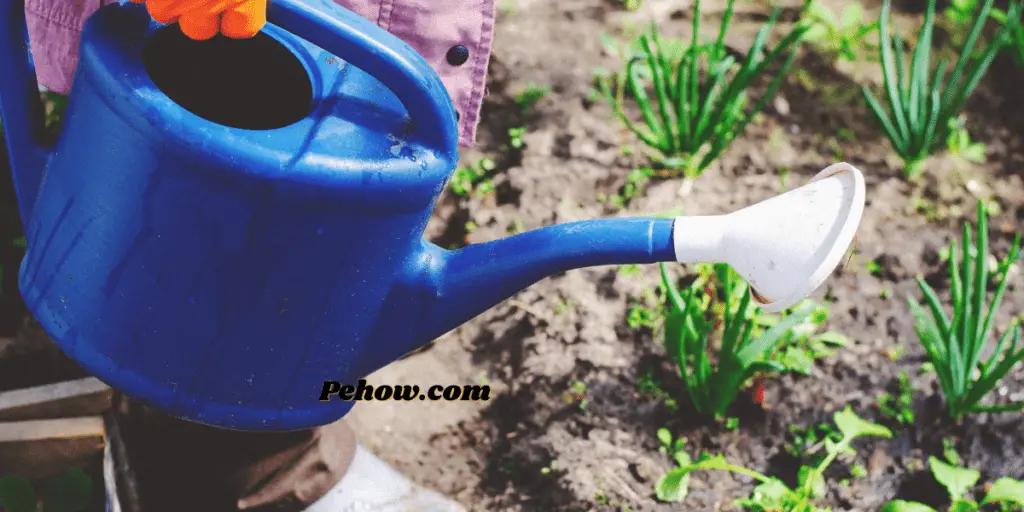
Preventing over irrigation from damaging your soil is easy. Just follow these tips:
- Use a rain gauge to monitor how much water your plants need.
- Irrigate your plants early in the morning or late in the evening, when the temperature is cooler.
- Mulch your plants to help retain moisture in the soil.
- Group plants together based on their water needs.
- Use a drip irrigation system to deliver water directly to the roots of your plants.
Tips for using water responsibly when irrigating your garden or lawn
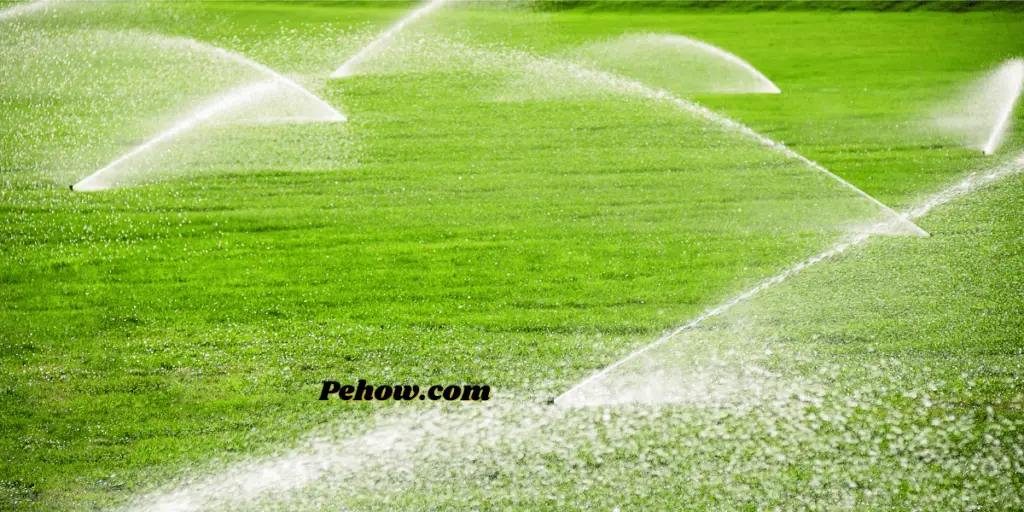
When it comes to irrigation, it’s important to use water responsibly in order to avoid damaging the soil. Here are a few tips for how to do that:
1. Check the soil moisture levels before watering. If the soil is wet, don’t water it again until it dries out.
2. Use a timer on your irrigation system so that you don’t water for longer than necessary.
3. Make sure your sprinklers are installed properly so that water isn’t being wasted by spraying onto sidewalks or roads.
4. Consider using drought-tolerant plants in your landscape to reduce the amount of watering needed.
Alternatives to traditional watering methods that won’t damage your soil
Irrigation is an important part of keeping your garden healthy and lush, but it’s important to use water responsibly in order to avoid damaging the soil. One way to do that is by using alternative watering methods that won’t harm the soil. Some of these methods include:
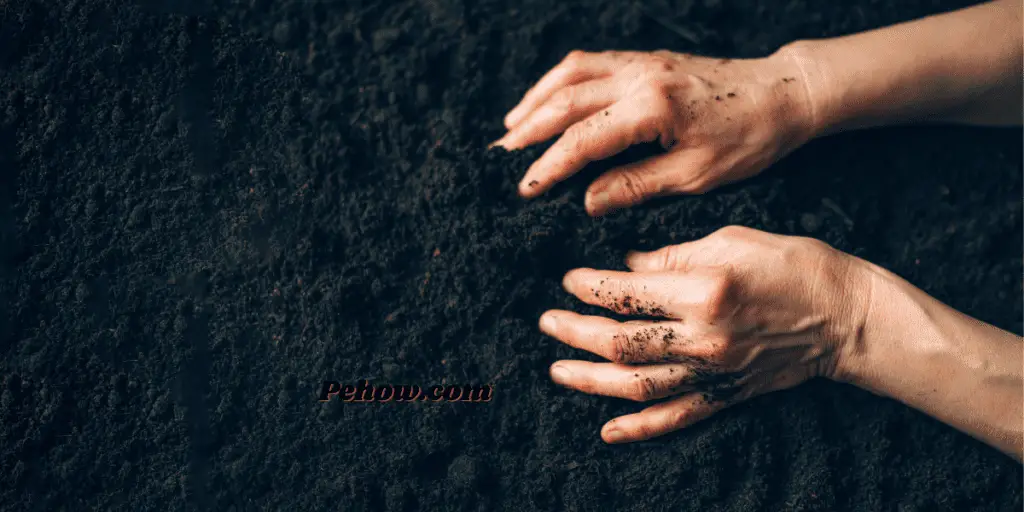
1. Soaker hoses
These hoses deliver water directly to the roots of your plants, which minimizes evaporation and runoff.
2. Drip irrigation
This method also delivers water directly to the roots of your plants, but it does so slowly and steadily, which reduces wastage.
3. Watering with rain barrels
Collecting rainwater in barrels is a great way to water your plants while also saving water.
4. Mulching
Mulching your garden helps to retain moisture in the soil, which means you won’t have to water as often.
5. Using native plants
Native plants are adapted to the local climate and don’t require as much water as other plants.
How does excessive irrigation lead to soil salinity?
Excessive irrigation can lead to soil salinity in a few ways. First, if water evaporates from the soil surface faster than it can percolate down to the roots of plants, then dissolved salts are left behind and accumulate at the soil surface.
Second, if irrigation water contains high concentrations of dissolved salts, these can be transported into the root zone where they can accumulate and lead to soil salinity. Finally, if irrigation water is applied more frequently than necessary, it can leach soluble nutrients from the soil, leaving behind salts that can accumulate and lead to soil salinity.
Where is land degradation caused due to over irrigation?
Land degradation caused by over irrigation typically occurs in areas where the climate is arid or semi-arid and rainfall is scarce. This is because in these areas, plants are highly dependent on irrigation water for their survival. If too much water is used, it can lead to problems such as waterlogging, which can damage plant roots and lead to soil salinity. In severe cases, over irrigation can lead to desertification, which is the process by which fertile land becomes desert-like.
How can I tell if my irrigation practice is causing problems?
There are a few signs that your irrigation practices may be causing problems. If you notice that your plants are wilting or dying, this may be a sign that you are applying too much water. If the leaves of your plants are yellowing, this may be a sign of waterlogging or nutrient deficiencies. And if you notice bare patches of ground, this may be a sign of soil erosion. If you are concerned that your irrigation practices are causing problems, it is best to consult with a professional.
What causes degradation of soil?
There are a number of factors that can cause soil degradation. One of the most common is over irrigation, which can lead to problems such as waterlogging, soil salinity, and erosion. Other factors that can cause soil degradation include deforestation, poor agricultural practices, and urbanization.
Final Thoughts
Over irrigation can be damaging to soil in a number of ways. Excess water can lead to erosion, making the land less fertile over time. Additionally, if too much water is applied at once, it can cause the soil to become saturated and unable to absorb any more moisture.
This can stunt the growth of plants and crops, and even kill them. Therefore, it is important to be aware of how much water your plants need, and to irrigation accordingly. Too much or too little water can both have negative consequences for your plants and soil.


